French Cartoon
- caricature /
- French Cartoon
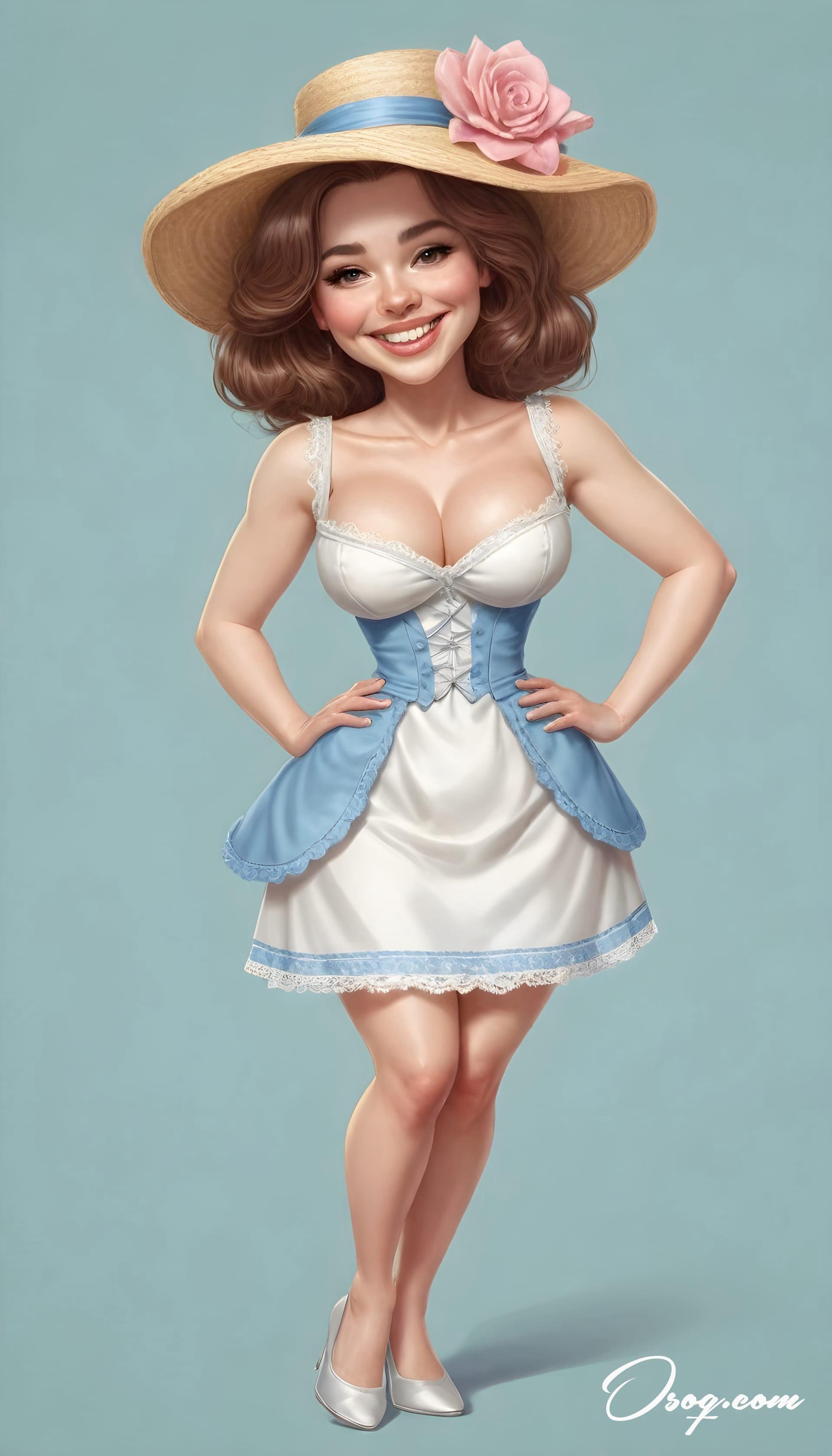
French cartoons have a unique charm that's hard to find anywhere else, blending humor, art, and cultural commentary in a way that's both entertaining and insightful.
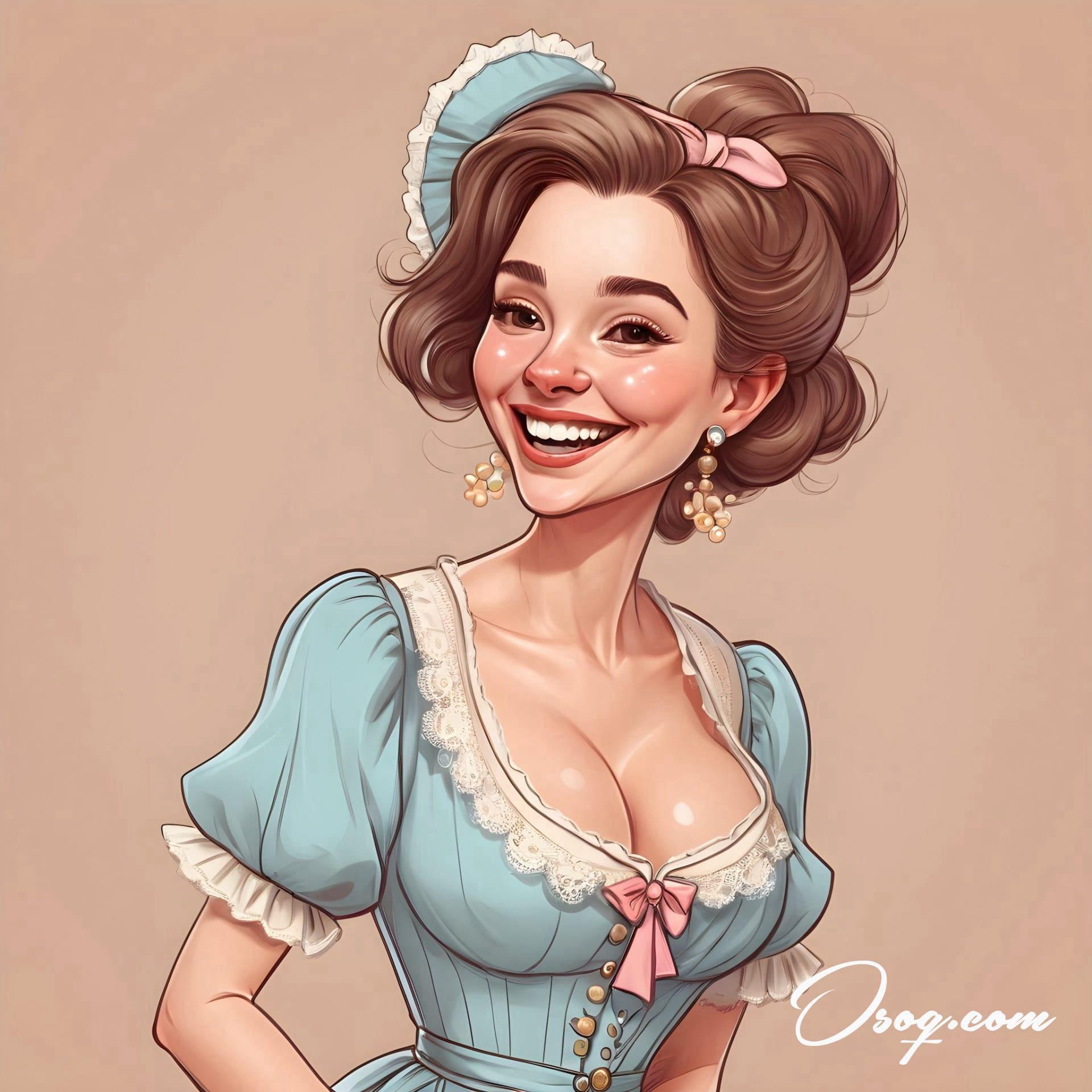
One of the earliest French cartoon publications, "La Caricature," played a pivotal role in political satire, using humor and exaggeration to critique the government and society of the time.
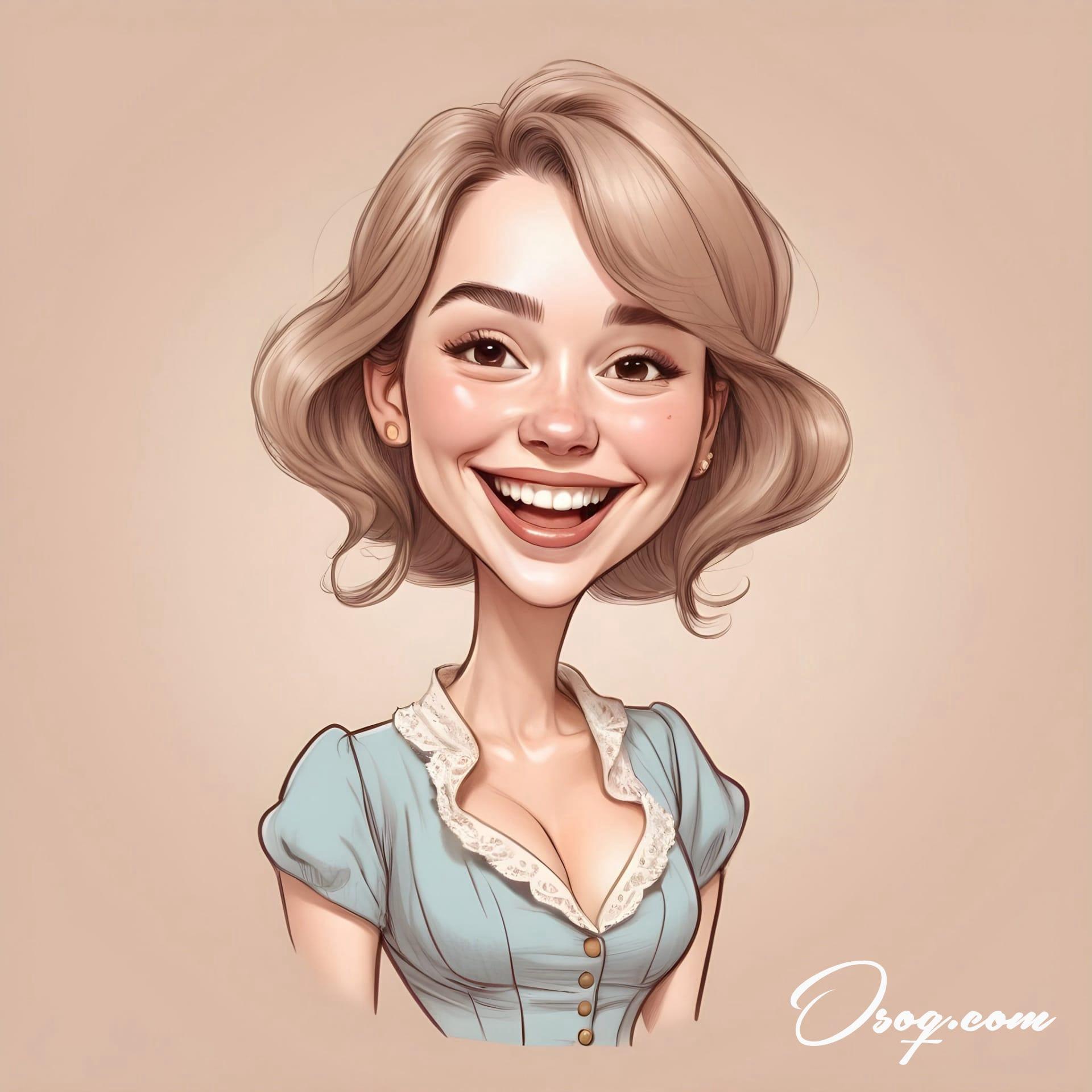
The iconic French cartoon "Astérix" showcases the adventures of a small Gaulish village resisting Roman occupation, cleverly weaving historical facts with whimsical fiction.
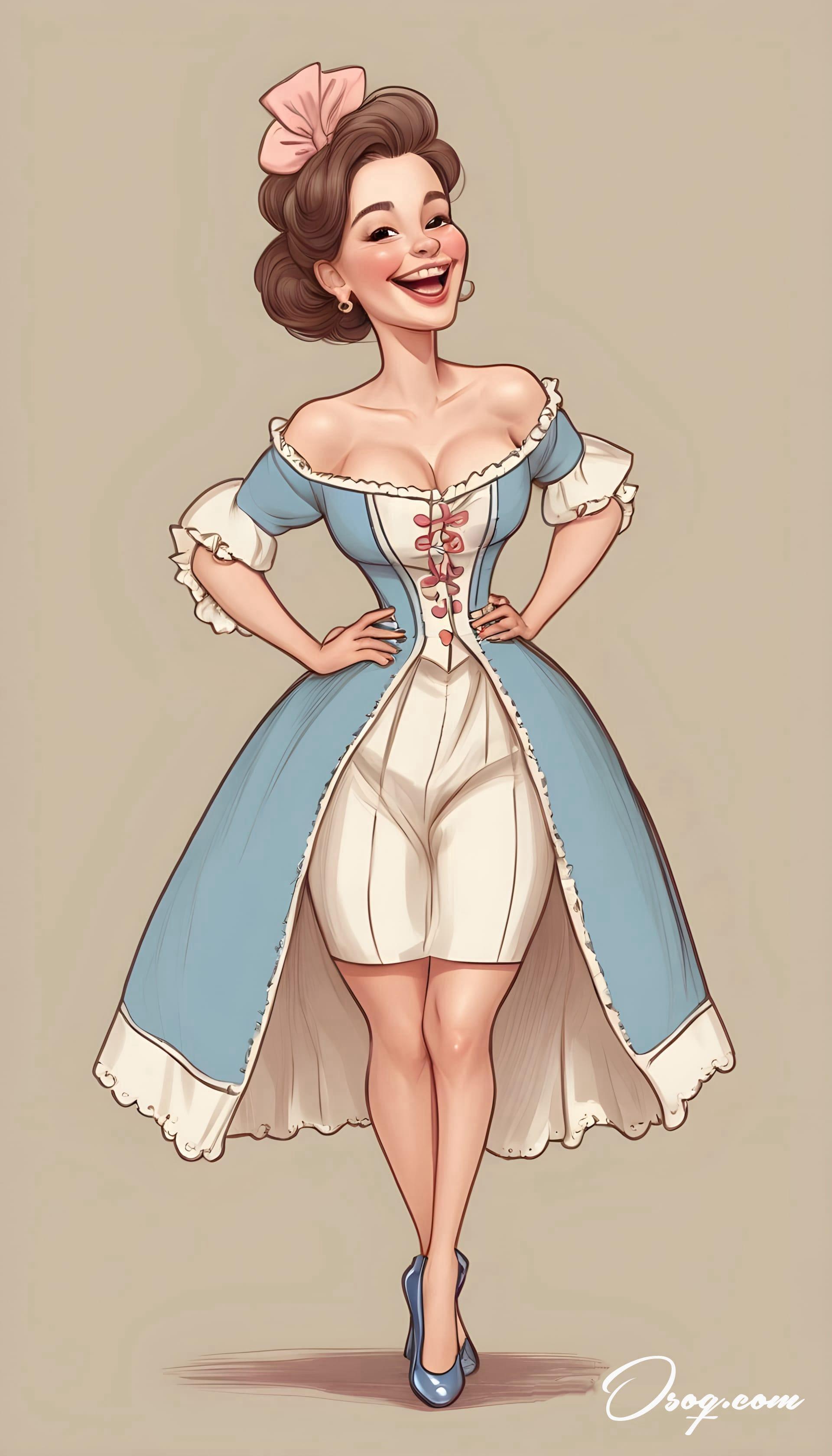
French cartoons are not just for children; many offer deep narratives and complex characters that appeal to adult audiences, exploring themes of love, existentialism, and the human condition.
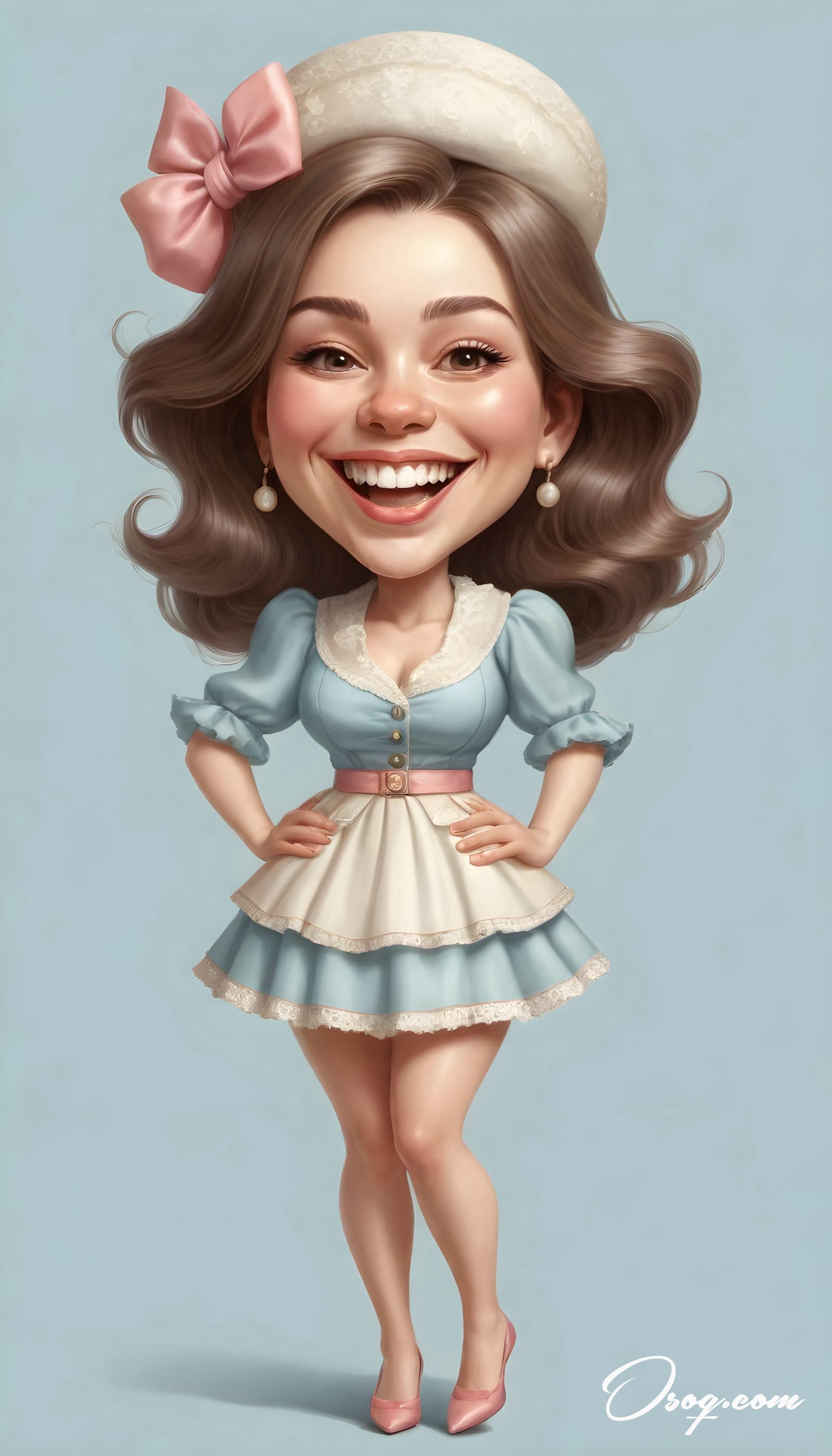
The art style of French cartoons can vary widely, from the detailed and realistic to the abstract and minimalist, reflecting the diverse artistic expressions within France.
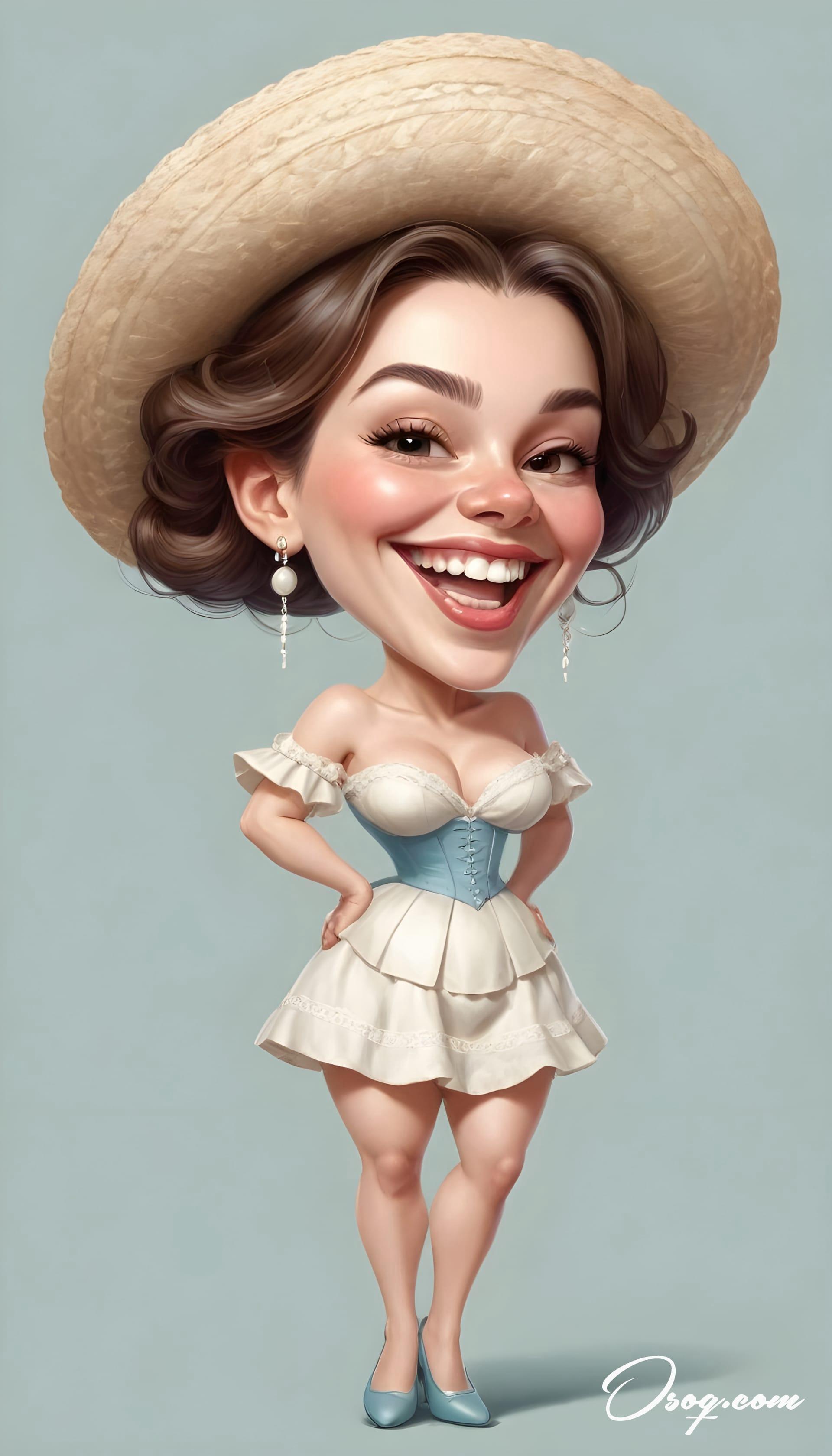
French cartoon festivals, such as the Angoulême International Comics Festival, are among the largest and most prestigious in the world, drawing artists and fans from across the globe.
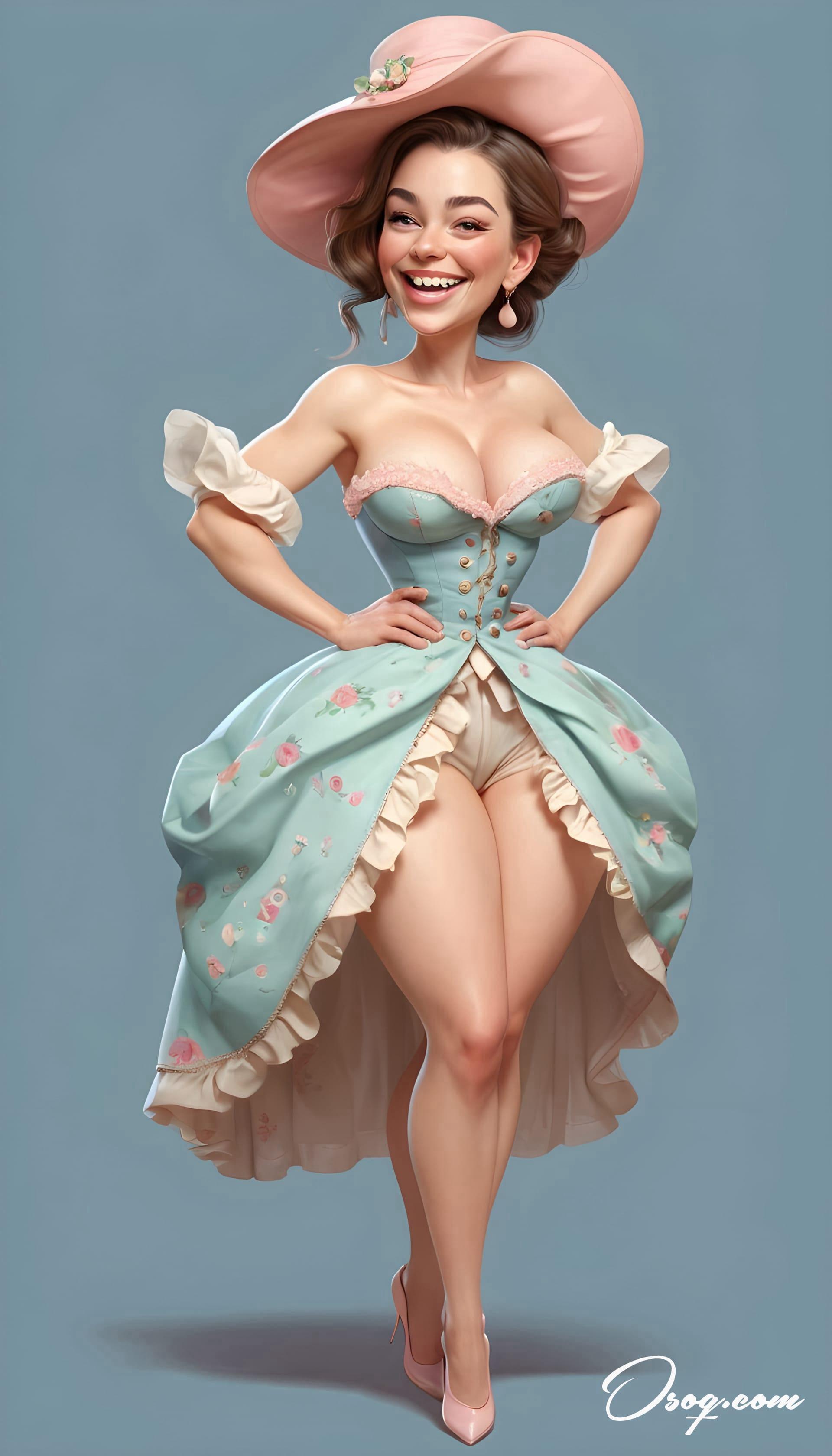
Many French cartoons have been adapted into successful films and TV shows, expanding their reach and influence beyond the printed page.
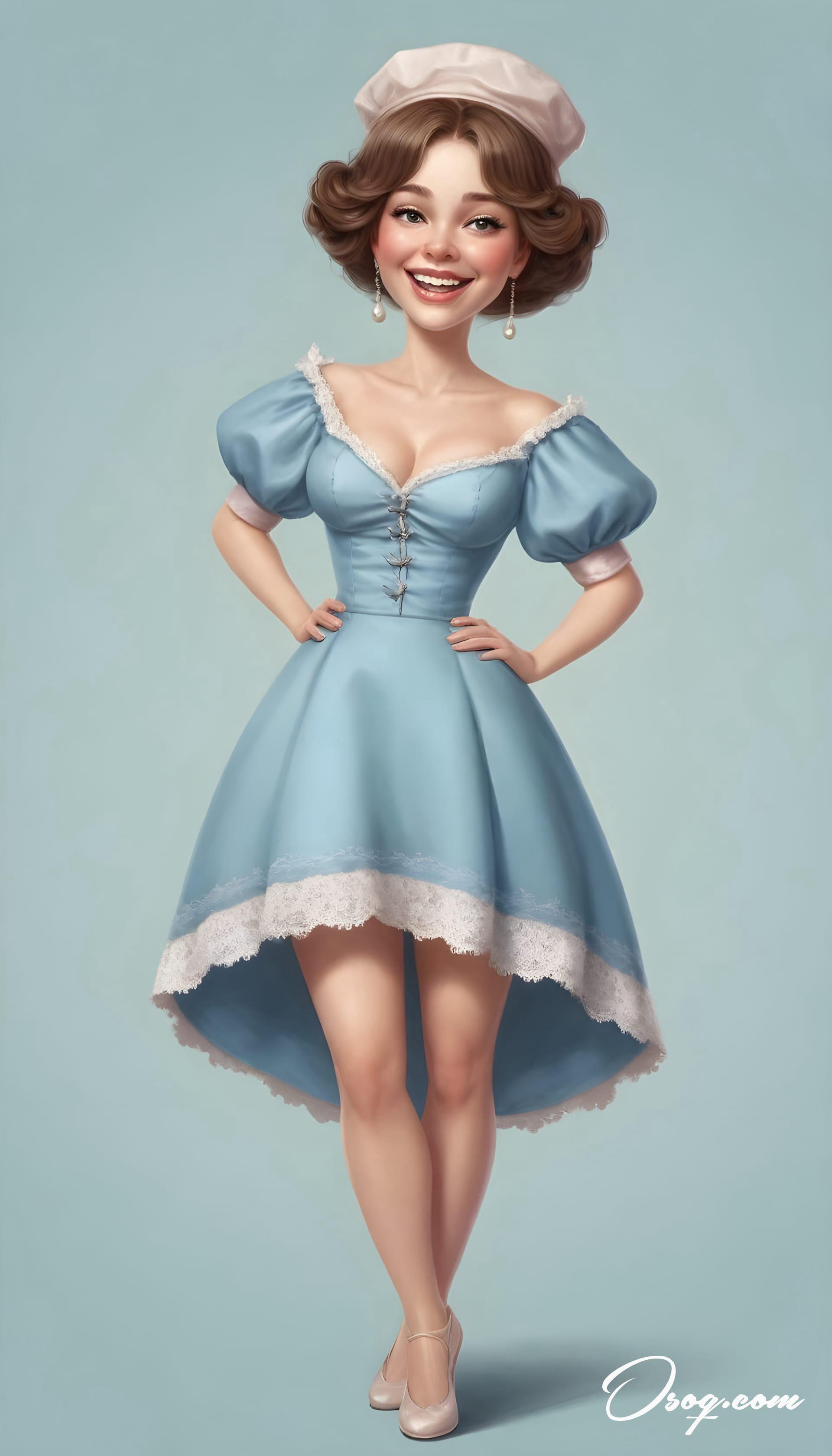
The tradition of "bande dessinée" (comic strip) is deeply ingrained in French culture, often referred to as the "ninth art" within the Francophone world.
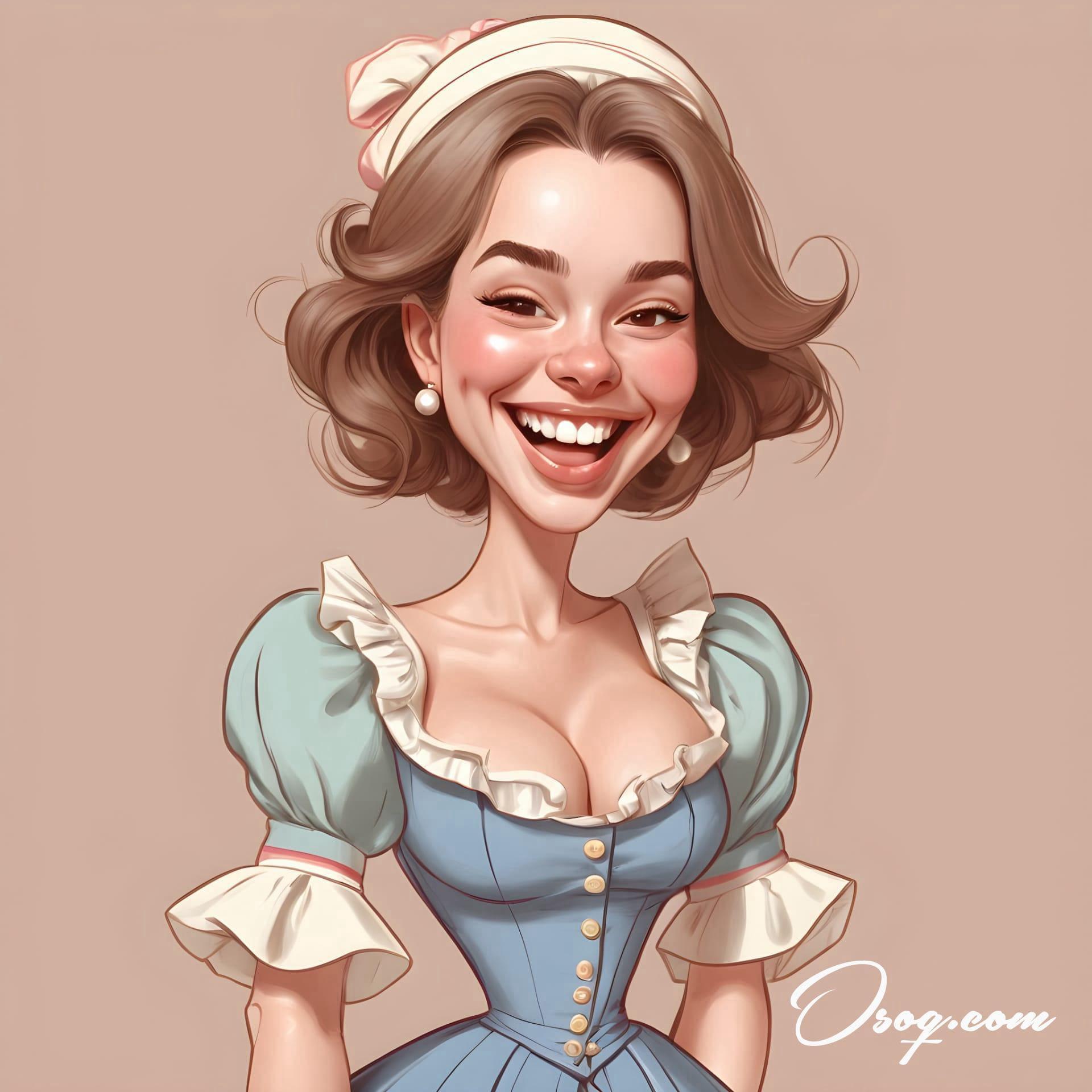
Collaboration is key in the creation of French cartoons, with writers and illustrators often working closely together to develop stories that are both visually captivating and narratively engaging.
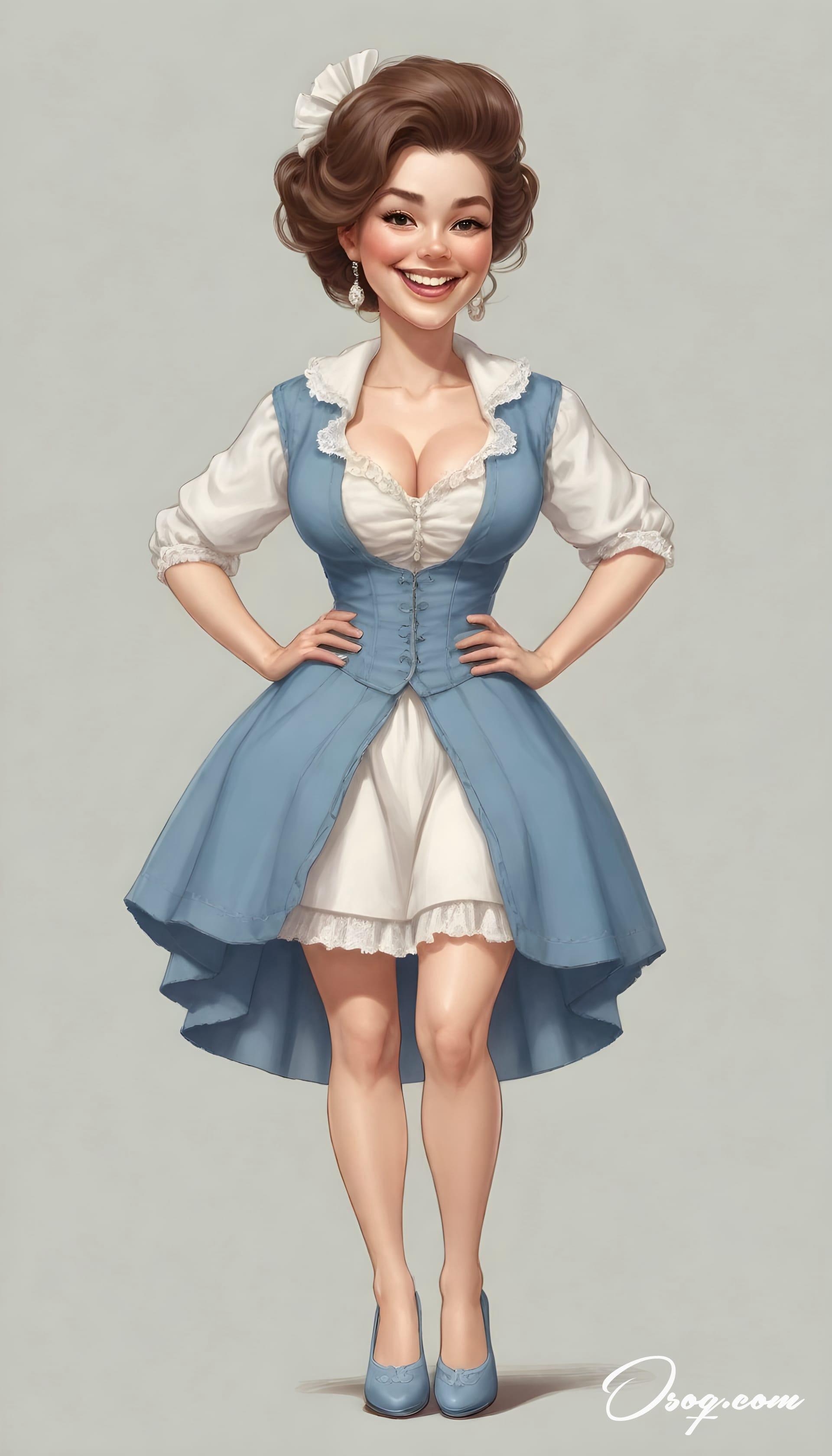
French cartoon characters often become cultural icons, embodying the French spirit of resistance, creativity, and love for life.
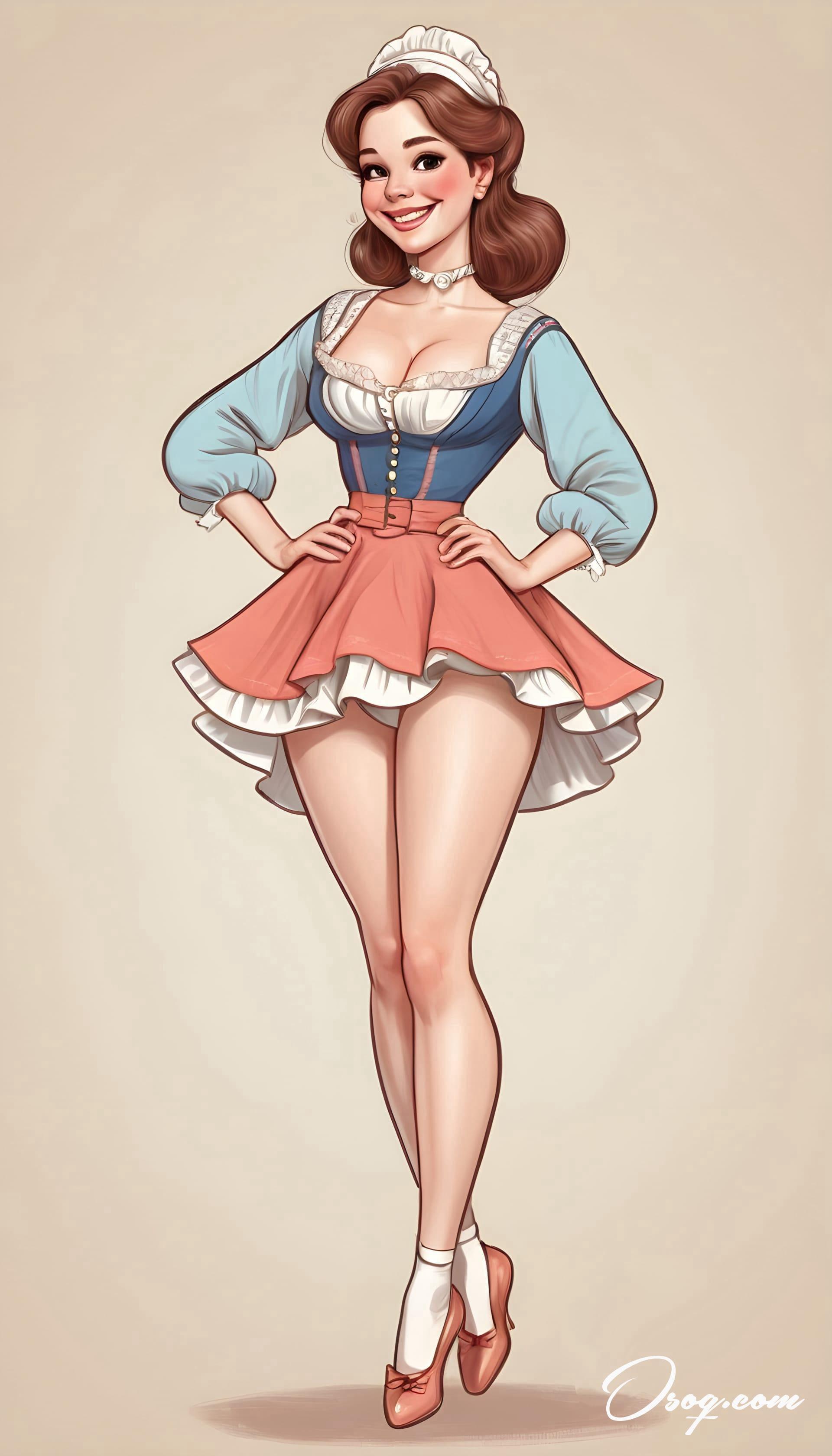
The humor in French cartoons can range from light-hearted and silly to dark and satirical, showcasing the versatility of the genre.
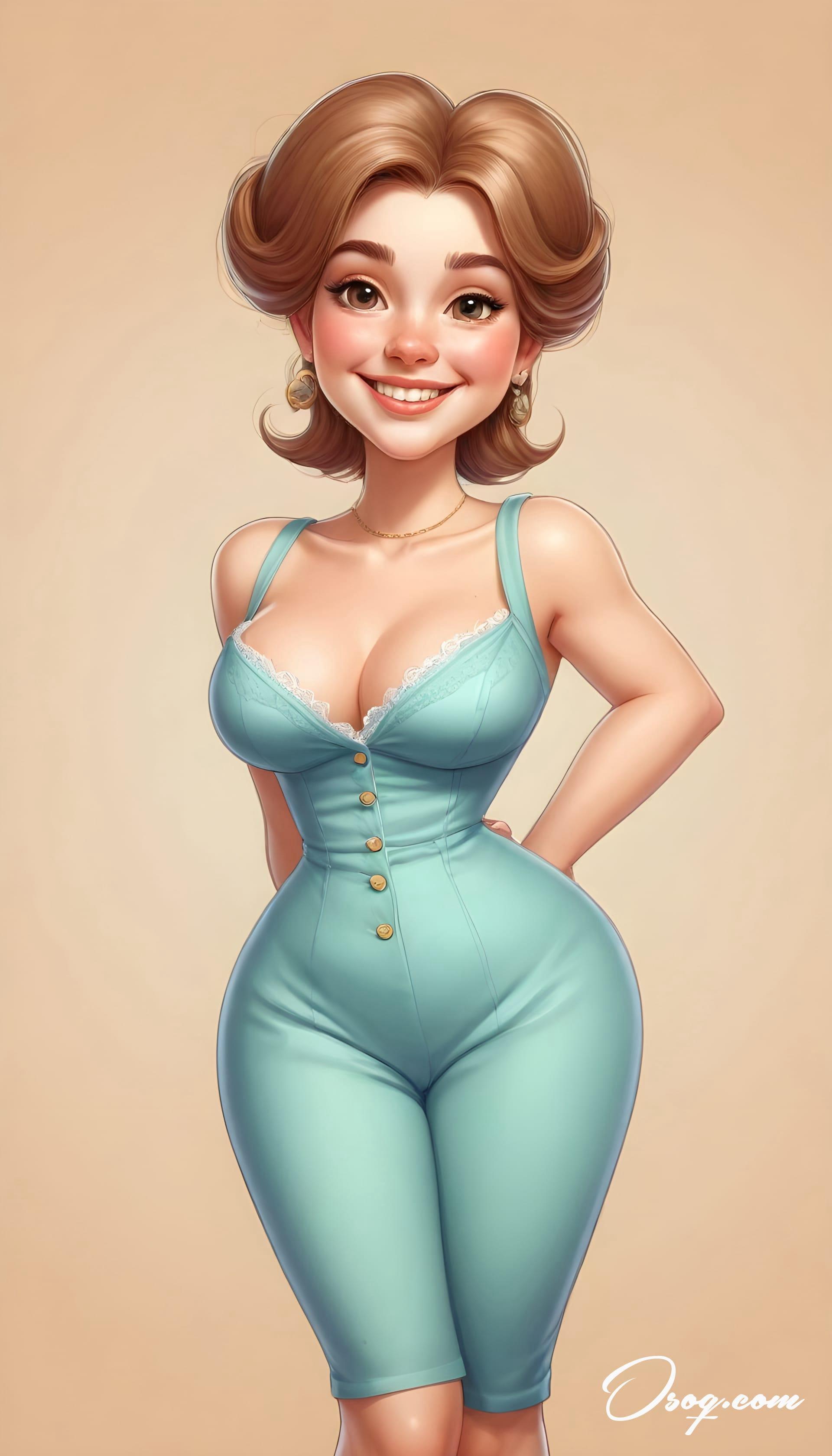
Environmental themes have become increasingly prominent in French cartoons, reflecting growing societal concerns about climate change and sustainability.
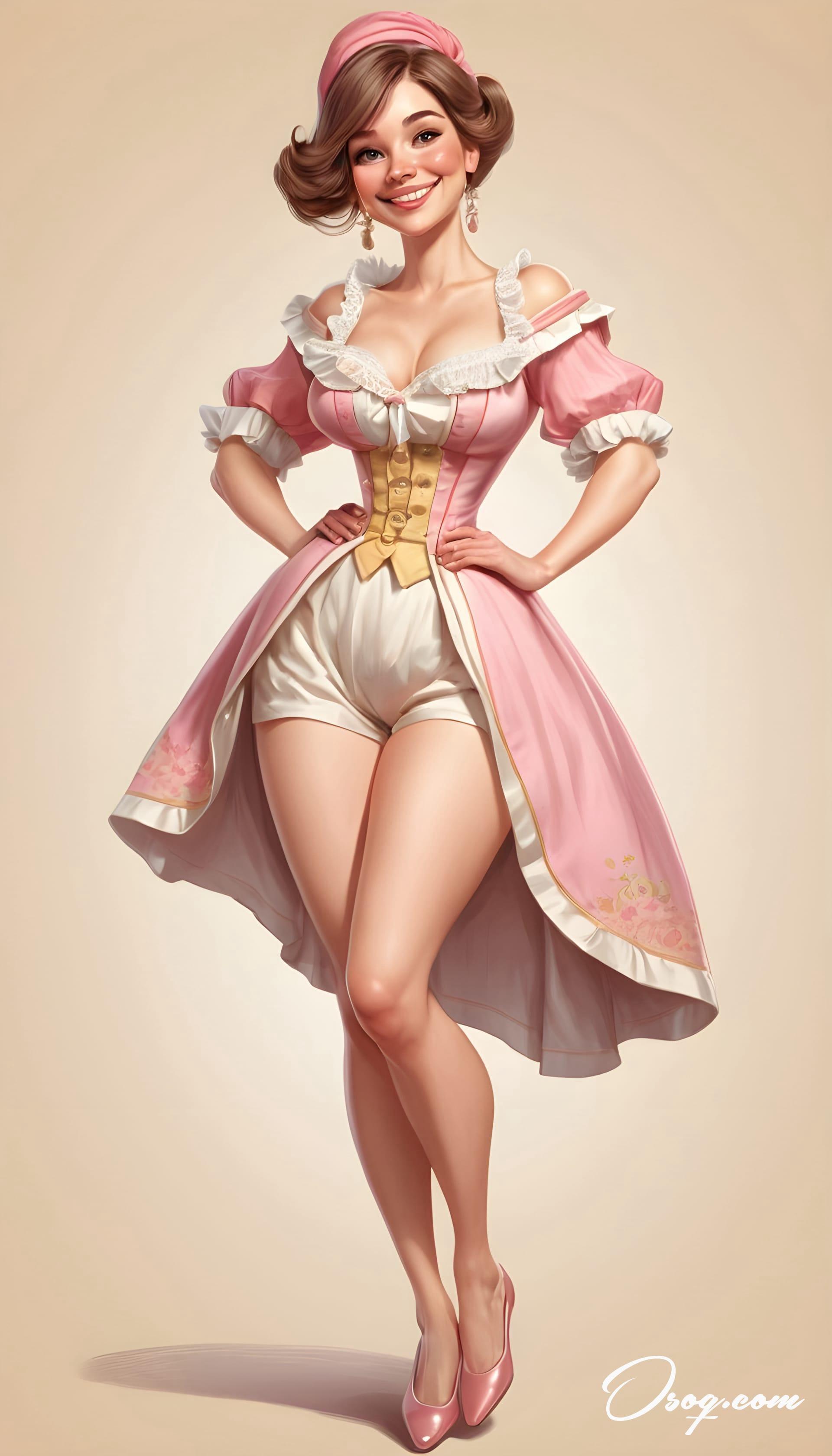
French cartoons often celebrate French cuisine, with characters frequently seen enjoying baguettes, cheese, and wine, adding a deliciously French flavor to the stories.
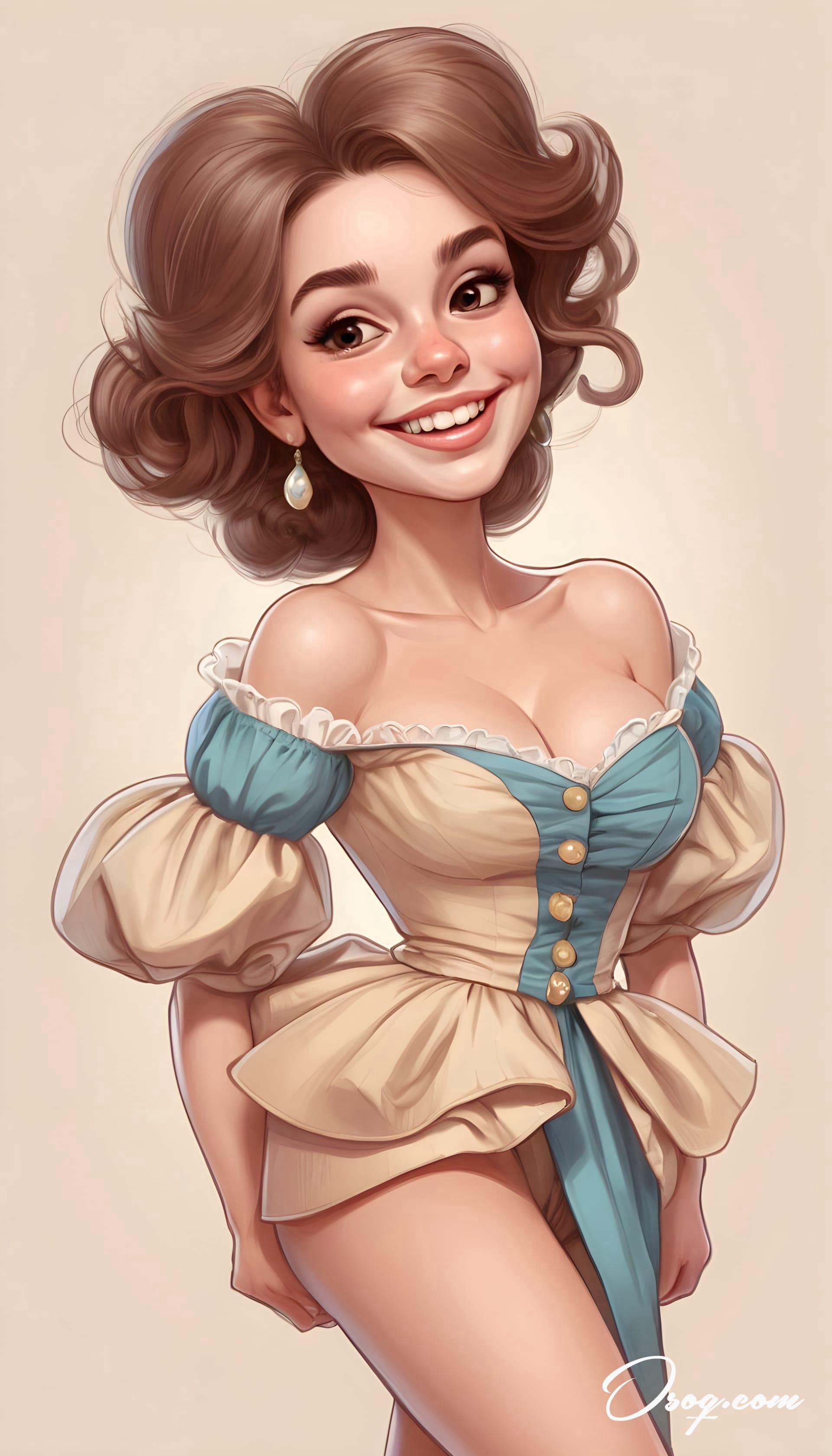
The international success of French cartoons has led to translations in many languages, allowing them to be enjoyed by readers all around the world.
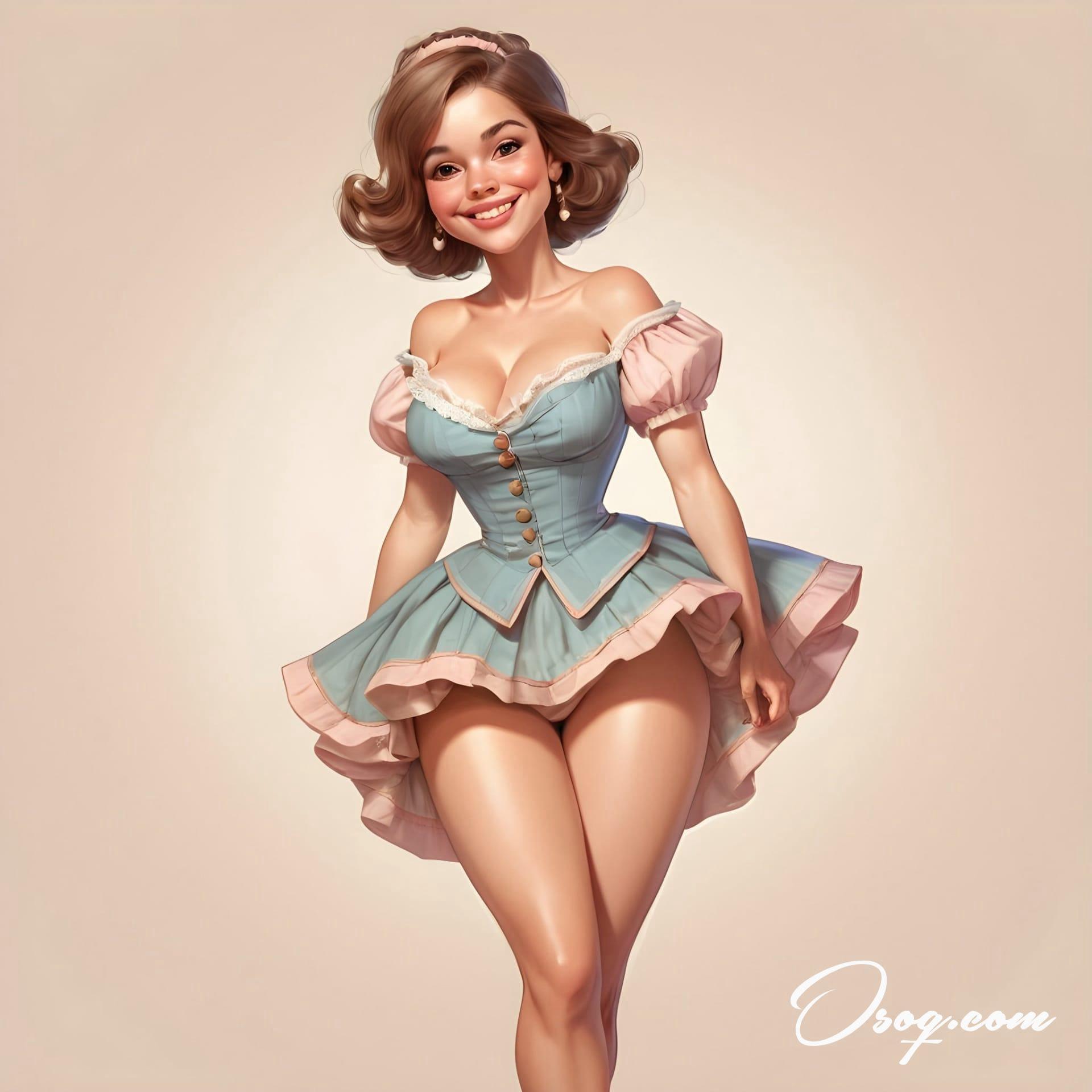
French cartoonists often draw inspiration from global events, offering perspectives that are both locally grounded and universally relatable.
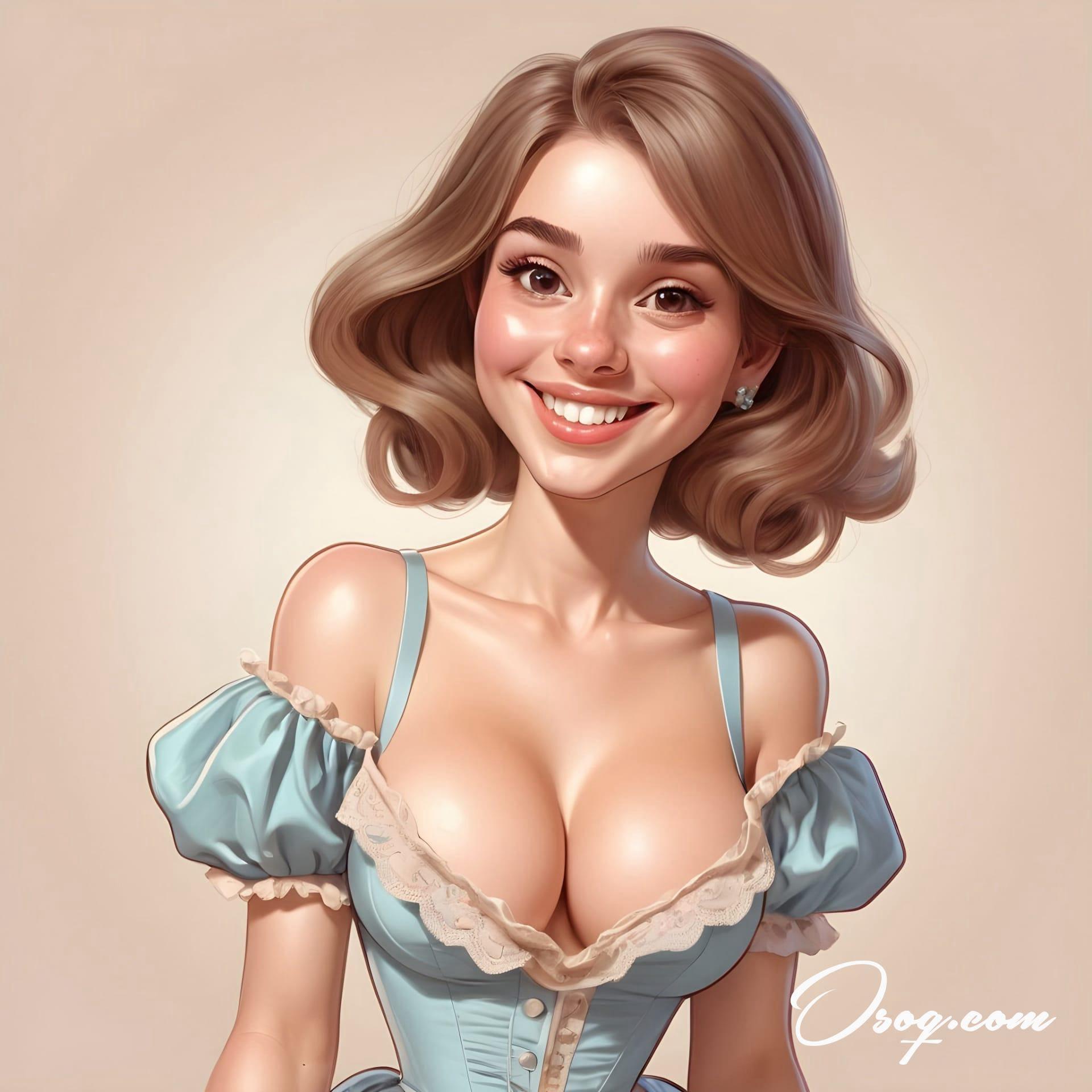
Innovation is a hallmark of French cartoons, with artists and writers constantly pushing the boundaries of the medium in terms of both form and content.
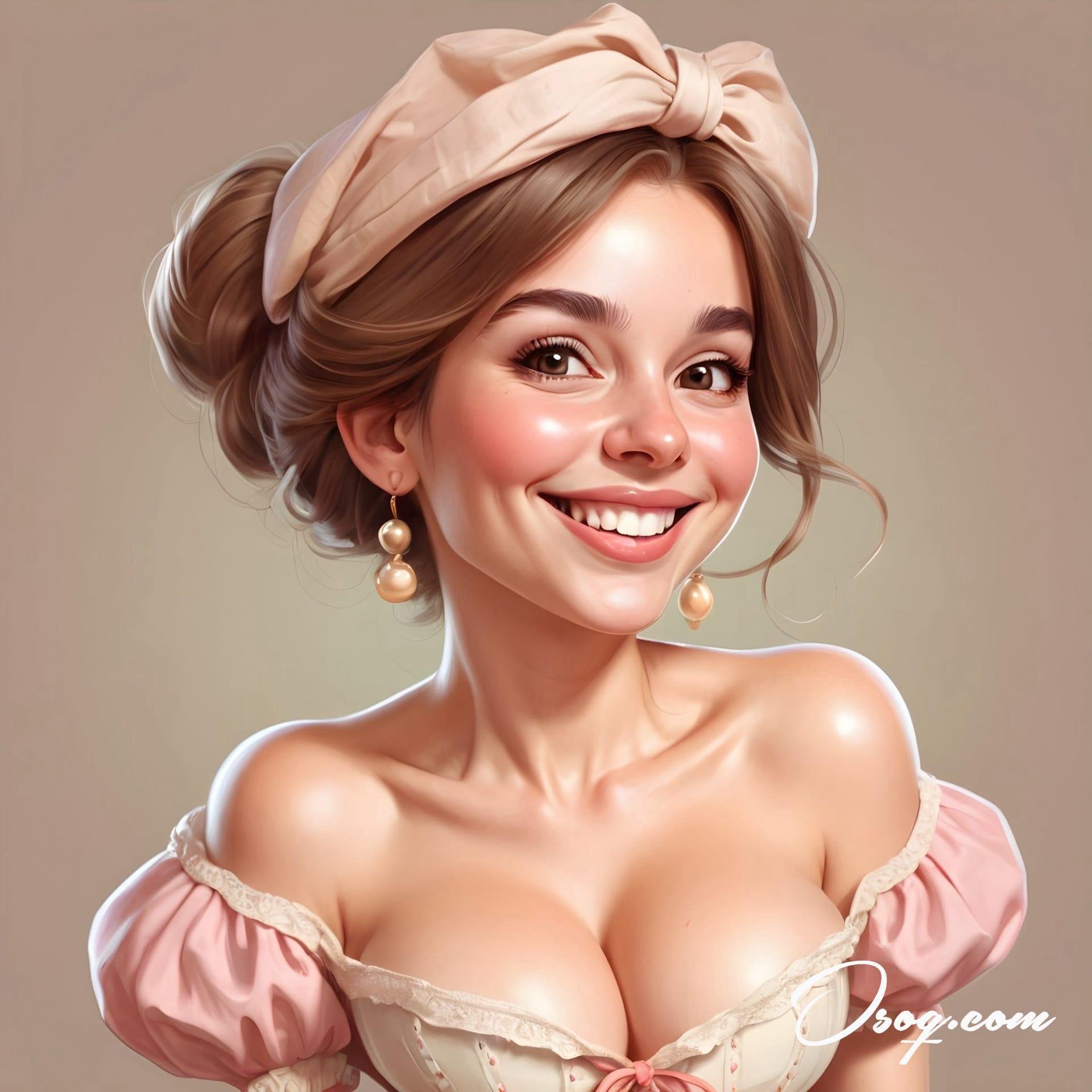
French cartoons have a long history of championing human rights and social justice issues, using their platforms to shed light on important causes.
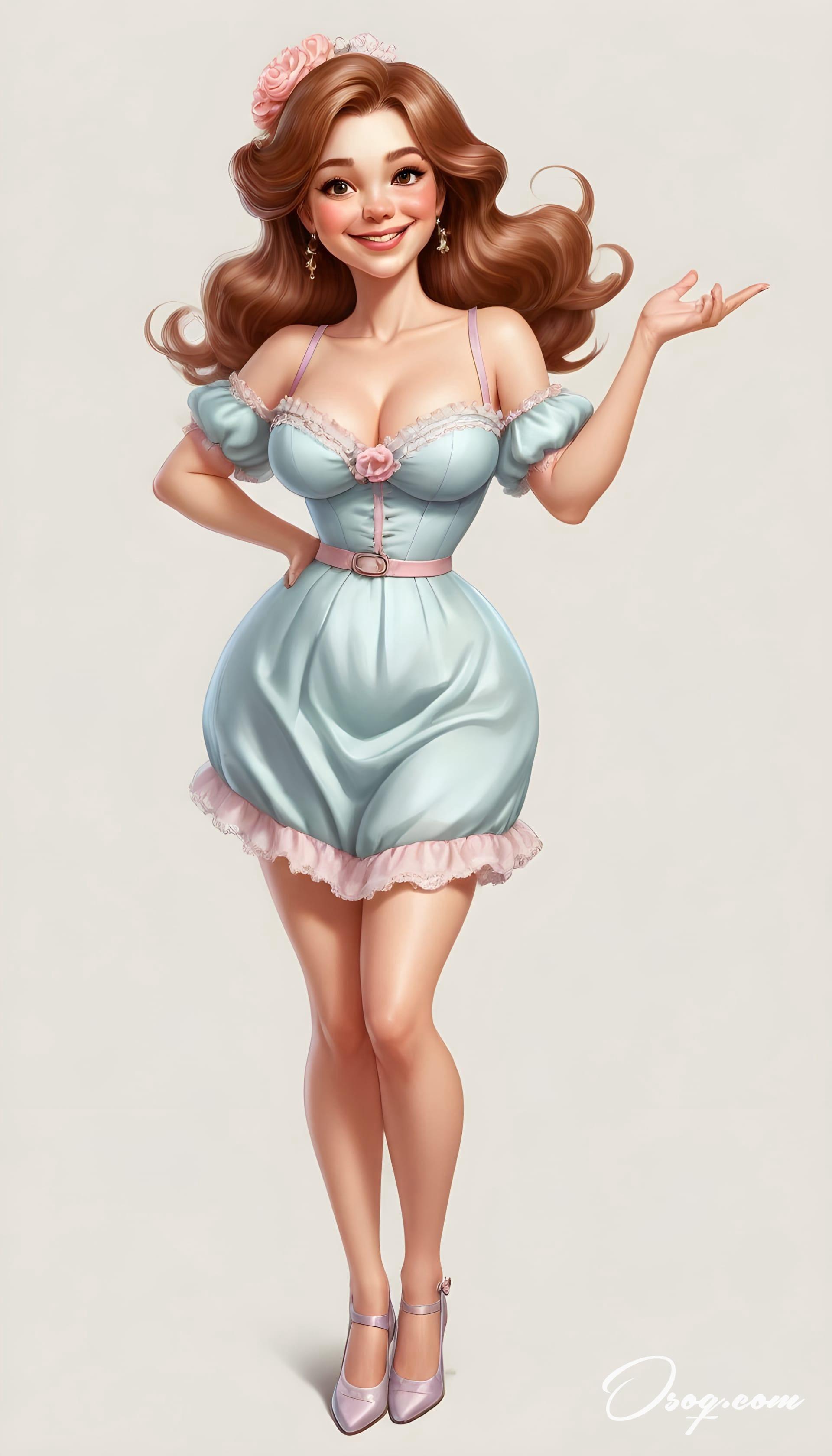
The digital age has brought French cartoons to new audiences, with online platforms and social media playing a key role in their distribution and promotion.
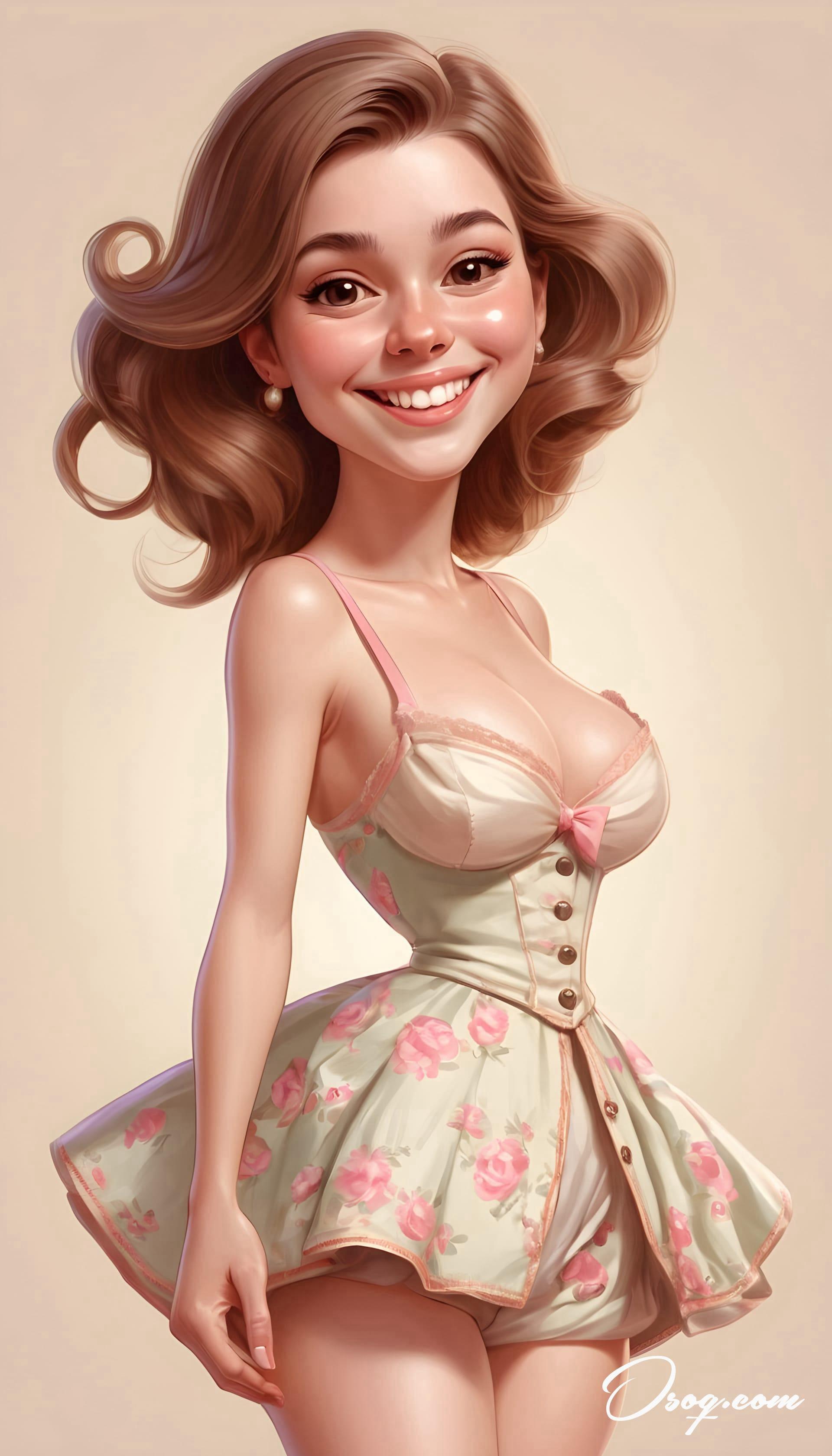
The influence of French cartoons extends beyond the Francophone world, with many artists citing them as a major inspiration in their own work.
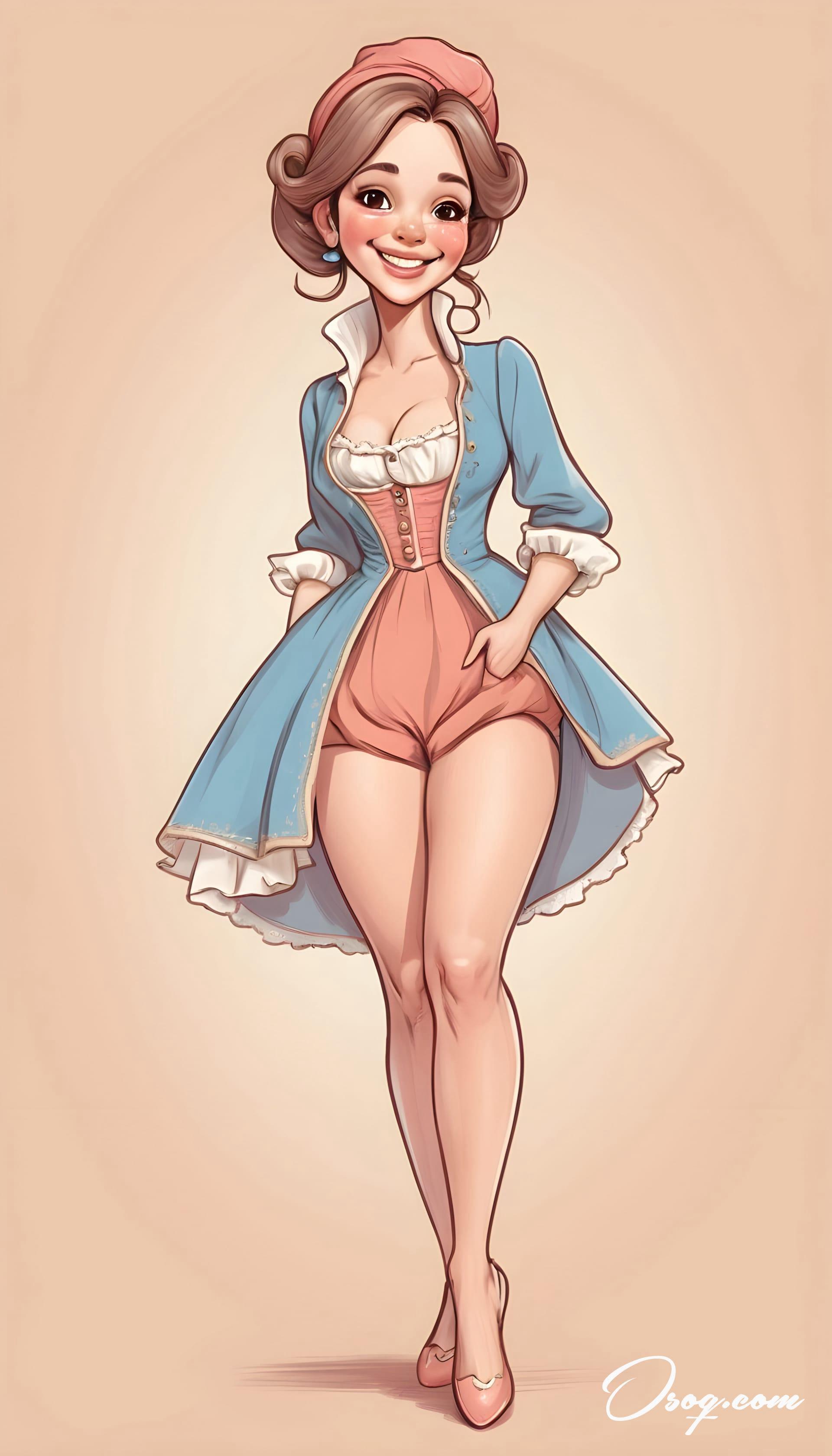
French cartoons continue to evolve, embracing new technologies and storytelling techniques while staying true to their rich heritage of artistry and humor.